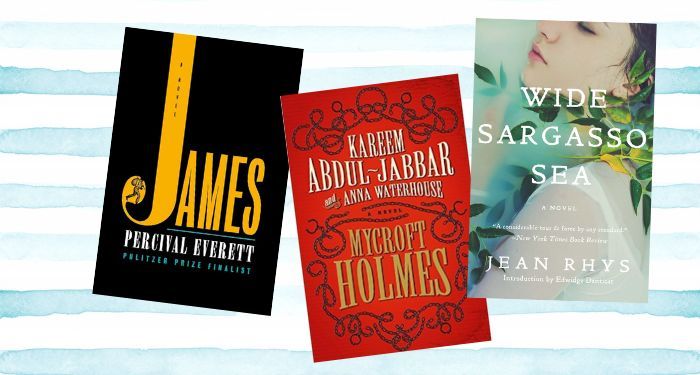This content contains affiliate links. When you buy through these links, we may earn an affiliate commission.
When you read a classic novel, there’s always more to discover. The richest novels have a lot going on besides just the main plot line. In my opinion, the longest-enduring novels tend to have a large and lively cast of characters. This gives readers different ways to hook into the narrative and interpret what’s going on through the eyes of characters who surround the protagonist. It makes sense that writers are interested in reassessing the culture that shaped their own writing and choose to sometimes explore that by expanding a classic’s universe.
The expansion of a classic’s universe is a kind of fanfiction. Fanfiction, according to Henry Jenkins, can be as much a critical commentary on the original work as it is a love letter. On his blog, he wrote:
I have argued that fan fiction emerges from a balance between fascination and frustration […] In most cases, the frustration takes the form of something they would change in the original—a secondary character who needs more development, a plot element that is underexplored, an ideological contradiction that needs to be debated.” Developing a secondary character and exploring their world, both related and unrelated to the original classic, is an important discourse in literature.
If you want to expand the universe of a classic novel, there are plenty that follow beloved side characters. From Shakespeare to Jane Austen to Arthur Conan Doyle, there are numerous discussions happening with the classics in the current literary landscape.
Following Favorite Characters


James by Percival Everett
One of the most compelling characters in The Adventures of Huckleberry Finn by Mark Twain is Jim, the older man whom Huck befriends on his journeys post-death faking. In the process of escaping his enslavement, Jim gets caught up in Huck escaping his own father, deals with con artists, and must use his wits to survive in a world that is dead-set against him. Experiencing the plot through James’ eyes is illuminating and exciting.
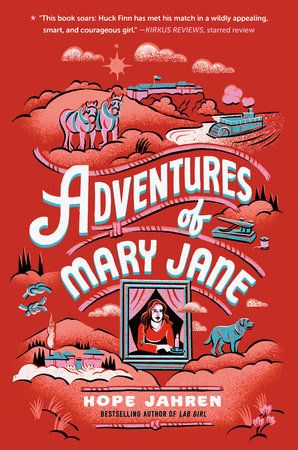

Adventures of Mary Jane by Hope Jahren
Another side character who grabs the spotlight in The Adventures of Huckleberry Finn is Mary Jane, the girl who captured Huck’s heart along his journey. The book kicks off with Mary Jane traveling down the Mississippi River, responsible for her two young cousins. Going from North to South in the 1800s is as dangerous a journey for a young girl as you’d expect, and Mary Jane has to grow up fast. By the time she runs into Huck at the tannery, she’s as canny and daring as he is.
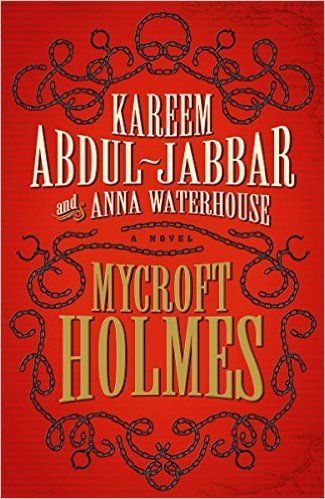

Mycroft Holmes by Kareem Abdul-Jabbar and Anna Waterhouse
For Sherlock Holmes, the only man who could stand up to his cleverness was his older brother Mycroft. In this extension of Mycroft’s story, we meet him after he’s just graduated from Cambridge and just starting to work in the British government. He gets drawn into a mystery with his friend Douglas when Douglas’s wife abruptly returns to Trinidad and they follow her back. The mystery they uncover is even more dramatic than Mycroft could have expected.
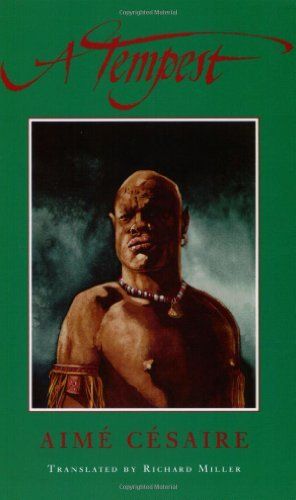

A Tempest by Aimé Césaire
One of Shakespeare’s most mistreated characters is certainly Caliban in The Tempest. In this play, Aimé Césaire presents Prospero’s cruelty as similar to that of the colonialists who took over his homeland of Martinique and the Francophone colonies. Caliban butts heads with Ariel, cast in this play as a mixed-race man enslaved to Prospero. Caliban is treated more violently and wants to kill Prospero, but Ariel sees the situation as more nuanced, probably because he doesn’t suffer as much as Caliban. This is a classic piece of postcolonial literature.
Remixing the Janes
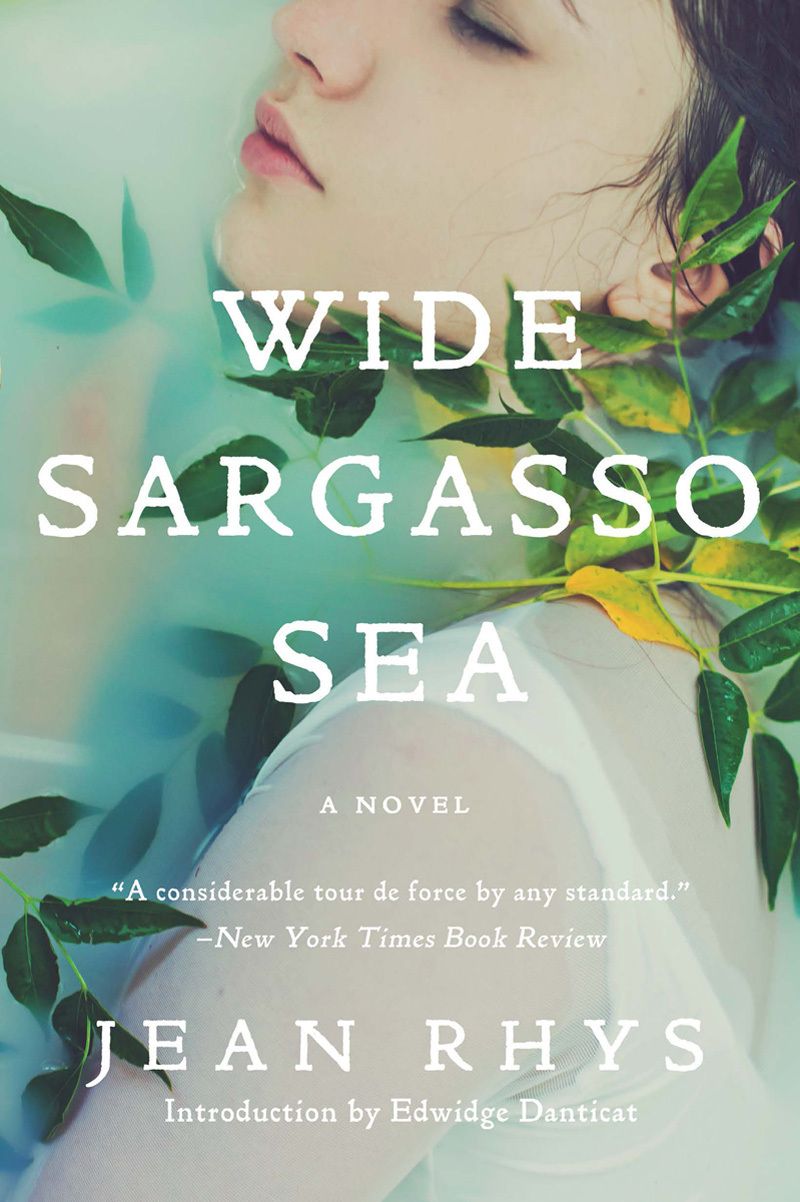

Wide Sargasso Sea by Jean Rhys
One of the most shocking moments of Jane Eyre is the discovery of Mr. Rochester’s wife, Bertha Mason (named Antoinette in this retelling). She is the supposed madwoman in the attic. Jean Rhy’s exploration of Antoinette’s life pre- and post-Thornfield Hall is a classic in its own right. It’s a fascinating depiction of a woman with few options who marries a man she assumes will provide her comfort.
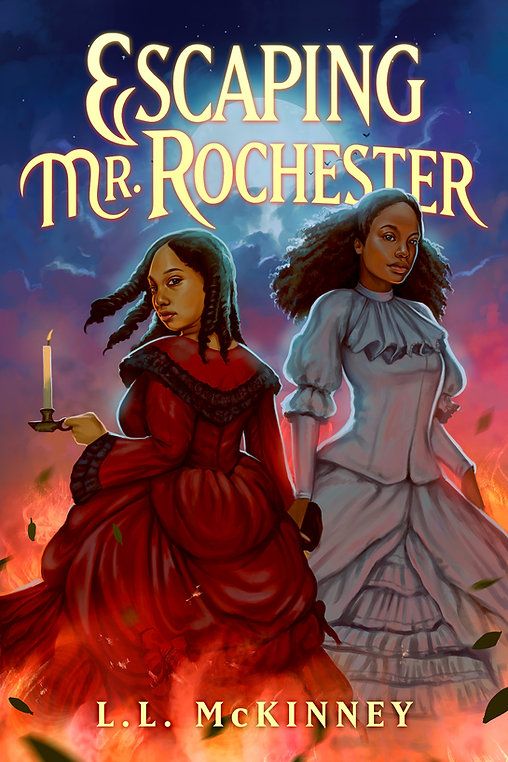

Escaping Mr. Rochester by L.L. McKinney
In this “what-if” story, Mr. Rochester is left behind by his prospective match and the woman he locked in the attic. L.L. McKinney imagines what could have happened if Jane Eyre found Bertha Mason and they teamed up. Instead of seeing Bertha as a less-than-human madwoman, Jane decides to escape the abuse of Mr. Rochester with a woman who understands the pain.
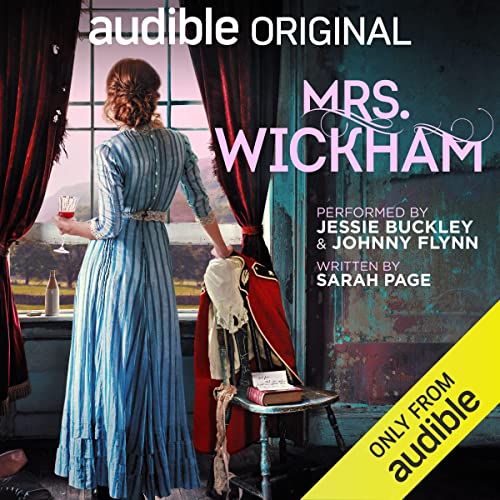

Mrs. Wickham by Sarah Page
In some ways, I find Lydia’s story the saddest in Pride and Prejudice. After her youthful indiscretion, she’s essentially exiled from her family and stuck with a man who only married her for money. In this retelling, she’s not happy about her past decisions, but she doesn’t feel she should be so viciously excoriated, either.
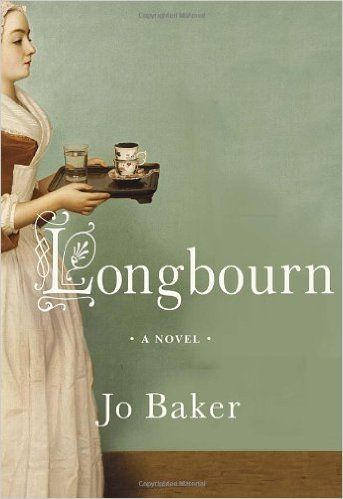

Longbourn by Jo Baker
In another retelling of Pride and Prejudice, we experience the story through the eyes of a maid. Even though the Bennets are in a situation of relative economic precariousness, they’re still in a class of privilege that affords them a level of comfort unavailable to most in England in the 1800s. The servants have just as much drama and intrigue as their upstairs employers.
Magic and Mythology
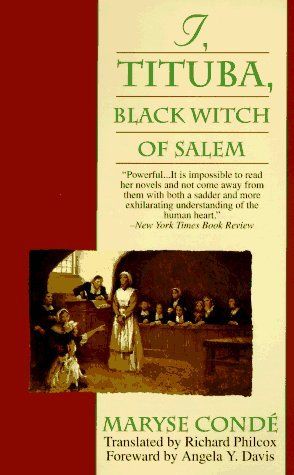

I, Tituba, Black Witch of Salem by Maryse Condé
Salem is a dangerous place for everyone, especially Black women like Tituba. She watches on as her mother is hanged for retaliating against a slaver who assaulted her. Tituba grows up learning magic from her community, but when she’s enslaved, that magic becomes a reason to attack her from the fanatical religious community of Salem.
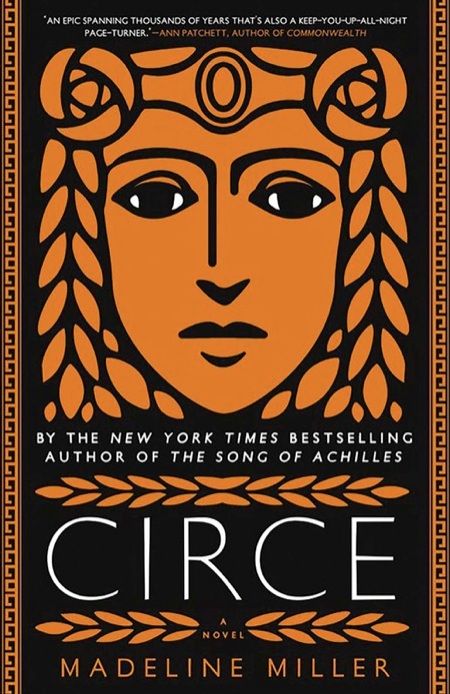

Circe by Madeline Miller
It feels almost redundant to recommend Circe, but it really is definitive to the genre of expanding a classic. Caught between the world of gods and that of mortals, Circe realizes she has powers beyond what was expected of her. Zeus finds her threatening, so she’s banished to an island where she practices her magic. Her island hosts many figures throughout Greek mythology, and at the end of it all, Circe has to choose her own destiny.
If you’re interested in reading more classics, you can dive into some of the best classics by women, classics by authors of color, and, if you’re feeling like you want to explore a universe more deeply, try out some classic fanfics.

